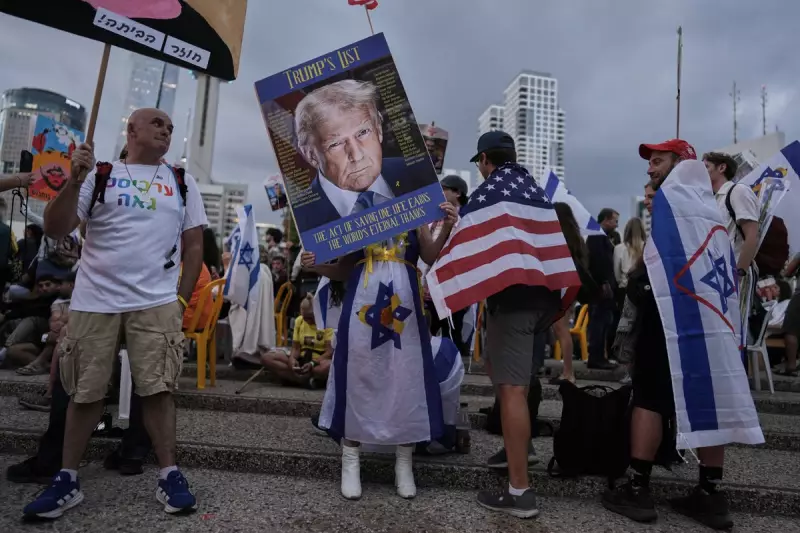
In a startling revelation that sheds new light on Donald Trump's foreign policy legacy, former Pakistani Prime Minister Imran Khan has disclosed that the former US president came remarkably close to receiving a Nobel Peace Prize for his role in preventing a catastrophic nuclear confrontation.
The Brink of Nuclear War
During an exclusive interview, Khan detailed how tensions between Pakistan and India escalated dangerously in 2019, bringing two nuclear-armed neighbours to the verge of what could have become one of history's most devastating conflicts. "We were facing a potential nuclear war," Khan revealed, emphasising the gravity of the situation that threatened to destabilise the entire South Asian region.
Trump's Decisive Intervention
According to Khan, it was Donald Trump's personal intervention that proved crucial in de-escalating the crisis. The former Pakistani leader credited Trump with playing a "phenomenal role" in diffusing tensions, though specific details of the behind-the-scenes diplomacy remain closely guarded.
"He could have won the Nobel Peace Prize," Khan stated, suggesting that Trump's efforts were significant enough to warrant the prestigious international recognition. This endorsement from a former head of government adds a surprising dimension to assessments of Trump's foreign policy achievements.
Afghanistan Withdrawal: A Controversial Legacy
The interview also touched upon Trump's approach to ending America's longest war. Khan praised the former president's commitment to withdrawing US troops from Afghanistan, a policy that ultimately culminated under President Biden's administration.
While the chaotic final withdrawal attracted widespread criticism, Khan's comments suggest that Trump's earlier efforts to extricate the US from the conflict were viewed positively by regional leaders who had long advocated for a political solution rather than continued military engagement.
Regional Perspectives on US Leadership
Khan's revelations provide valuable insight into how Trump's unconventional diplomatic style was perceived by foreign leaders. Despite frequent criticism in Western media, the former Pakistani prime minister's account suggests Trump commanded respect for his willingness to engage directly in high-stakes regional diplomacy.
The disclosure also highlights the complex dynamics of South Asian geopolitics, where US leadership can play a decisive role in mediating between historical rivals possessing nuclear capabilities.
As debates continue about Trump's presidential legacy, this new testimony from a key regional leader adds an important perspective to understanding the impact of his administration's foreign policy decisions beyond Western viewpoints.





